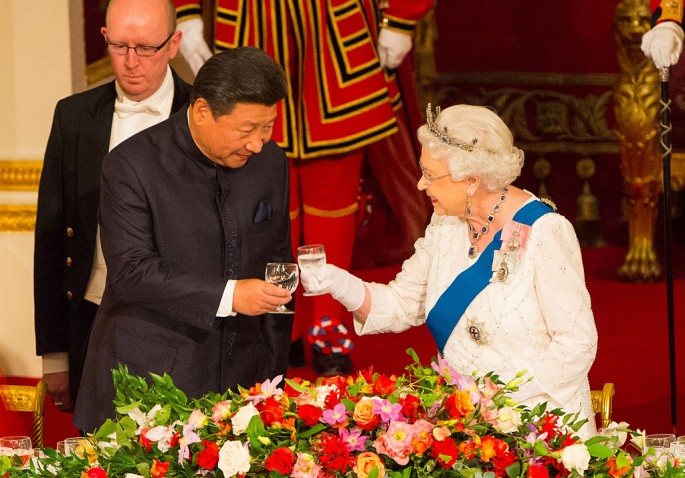Finance ministers and central bank officials met again last weekend at Chengdu to discuss the stabilizing economy of China and the exit of Britain from the EU.
The meeting was led by the People's Bank of China governor Zhou Xiaochuan and Finance Minister Lou Jiwei. Experts speculate that the two Chinese leaders will not have difficulties their counterparts.
"Chinese officials could get through this meeting without having to stand up to reassure the rest of the world that everything is OK in Beijing and China," said Tim Condon, Head of Research at ING Singapore.
A major highlight in the discussions was the report of the International Monetary Fund. This report showed that China's economic performance was doing well despite the global turmoil.
The IMF report stated that China had a 6.7 percent growth in the second quarter. Forecasts are down for United States, Britain and Japan.
However, China fears that the Brexit will affect the country's performance. Scott Kennedy, project director at the Centre for Strategic and International Studies in Washington.
The meeting in Chegdu is the first after the Brexit vote. Since EU is China's biggest trading partner, many feared that the Brexit would affect trading relationships.
However, Stephen Li Jen, managing partner of SLJ Macro Partners, said that the Brexit can be made an "excuse to be more aggressive on fiscal stimulus."
He is skeptical of the actual results that will be produced by the G20. Even if the situation is good the G20 is terrible with coordination, he said.
"The membership is simply too big and broad for genuine policy coordination," Jen added.
There are some who believe that the G20 is a good venue to talk about issues on policy.
Louis Kuijs, head of Asia economics at Oxford Economics in Hong Kong, said "[Policymakers] still find it worth to actually attending such meetings because talking helps - even it doesn't lead to anything concrete."




























